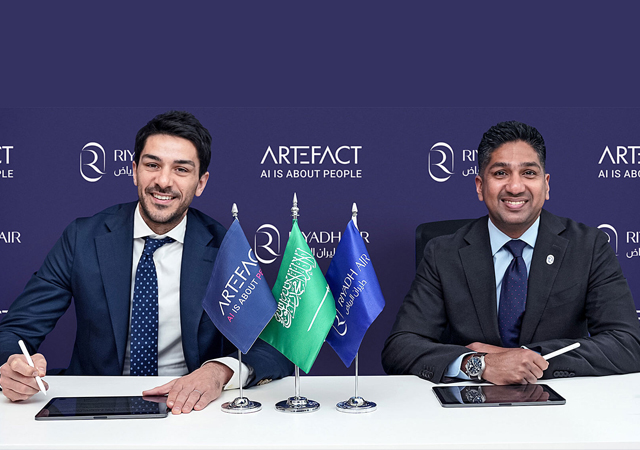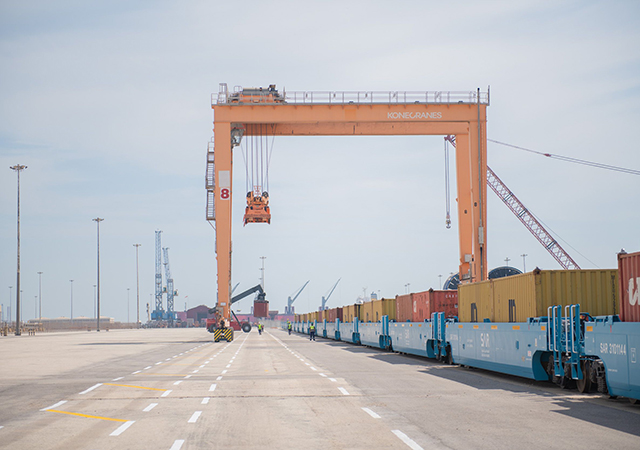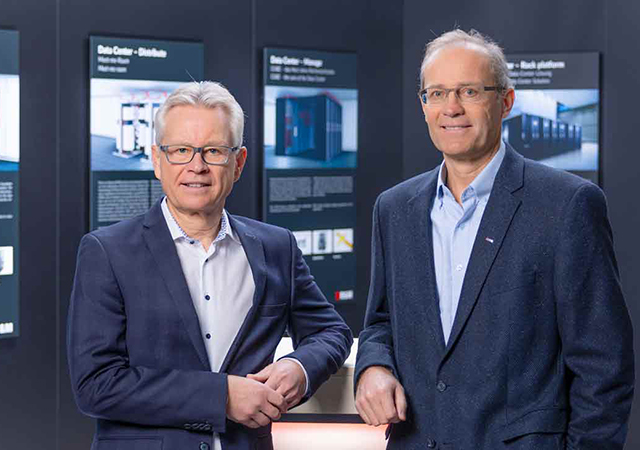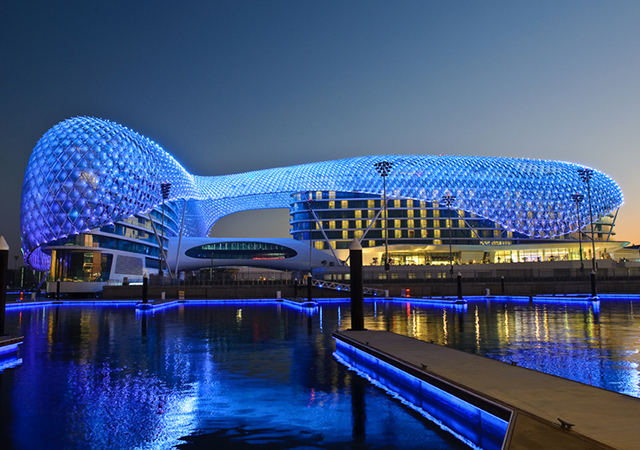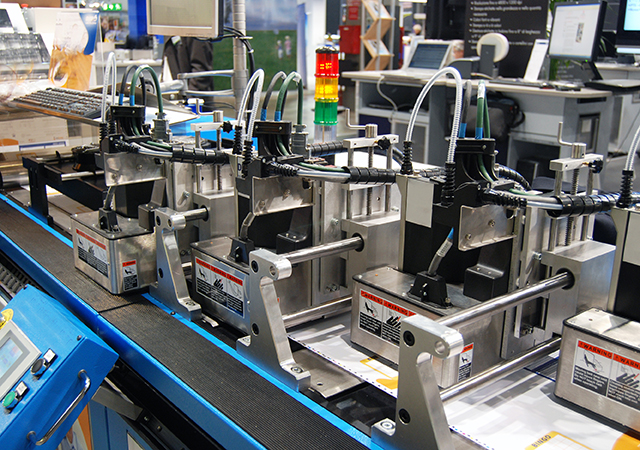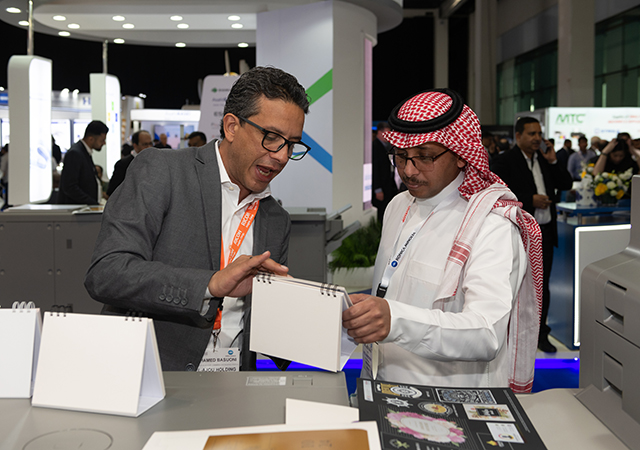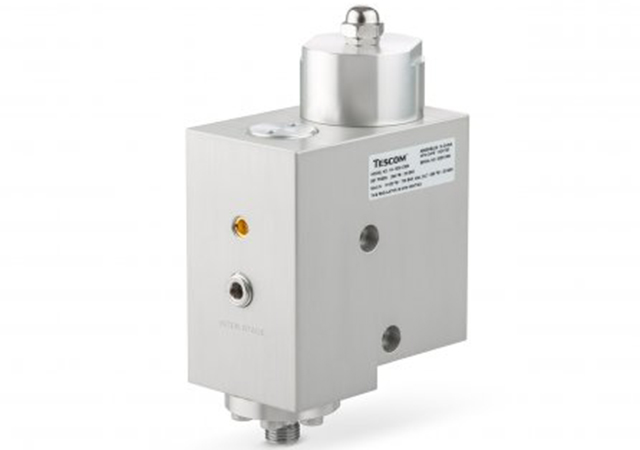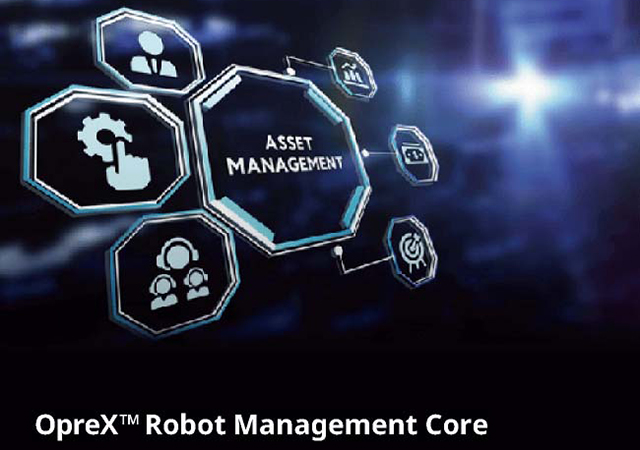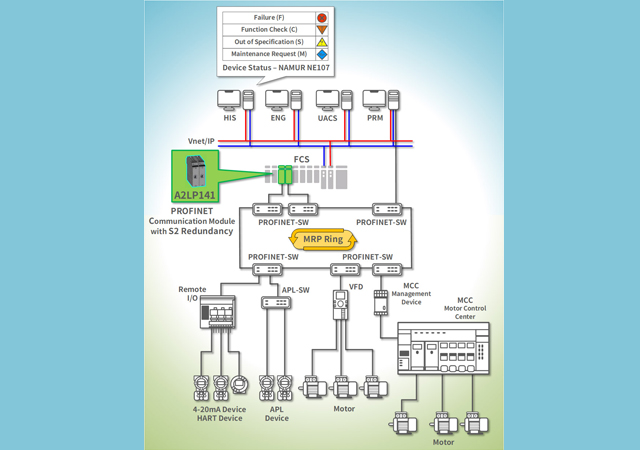
 Country pavilions at the Middle East Electricity
Country pavilions at the Middle East Electricity
Despite sluggish growth in oil prices, there are many opportunities for growth in the Middle East electricity industry over the coming years, said Anita Mathews, group director of Informa Industrial Group, the organiser of the Middle East Electricity (MEE), one of the world’s leading power exhibitions, which will be taking place from February 14 to 16 at the Dubai World Trade Centre.
The power construction industry in the Middle East is expected to register robust growth with the UAE, Saudi Arabia and Kuwait being attractive markets for power plant opportunities, as they increase generation capacity to cope with future population growth, she added.
With further advancement in technology, reduction of prices and clean technology, solar power is going to experience phenomenal growth and could soon be the preferred source of energy in the Middle East region. Across the GCC it is estimated that $316 billion of investment is needed in the power sector by 2020, and so reform efforts will open up the power sector for private investment in generation, transmission and distribution.
The GCC power construction contractor awards are also set to increase from $22.3 billion in 2016 to $25.52 billion in 2017. Saudi Arabia is expected to register the highest contractor awards in 2017, at around $12.349 billion, an increase of over 50 per cent from its 2016 award value. Elsewhere in the GCC, the value of power construction contract awards will also significantly increase in Bahrain, Kuwait and Oman. The GCC countries are also set to invest $252 billion over the next five years in projects for setting up new power production plants, distribution systems, and supply grids.
Over the past year, the industry has seen huge investment in renewables, with Dubai announcing the third phase of its record breaking Mohammed Bin Rashid Al Maktoum Solar Park and investment in other major solar projects in Saudi and Kuwait. “It seems clear that this is a trend set to continue as nations in the Middle East strive to reduce their carbon footprint and increase generation capacity,” Mathews said.
-edite.jpg) |
Mathews: the Middle East is an attractive market for power plant opportunities |
The introduction of Independent Power Producers (IPPs) in the GCC has been instrumental in meeting rapidly rising electricity demand. Oman was the first country to open up its power-generating sector through reforms and reform efforts are currently underway to achieve the same in the other GCC countries.
Commenting on the importance of Smart Grids, she said: As populations in cities across the Middle East continue to grow, the need to sustainably and efficiently manage energy supply increases. Smart grids will form a key part in boosting power efficiency in the Middle East in the coming years, as well as enabling and facilitating increased use of renewables. Across the region, we have seen plans in many cities in recent years to adopt smart grid technology, for example as part of the ‘Smart Dubai’ initiative, and it is clear that this technology is going to have a great impact on the industry’s future.
It is estimated that GCC countries can save up to $10 billion in infrastructural investment by 2020 through the use of smart grid, which optimises supply and demand by using information technology to provide a two-way flow of real time information between power generation, grid operators and consumers.
The theme for this year’s Middle East Electricity is ‘Smart Cities’, an idea that has become a huge focus within the industry and will be one of the goals driving future growth. Dubai Municipality is partnering with this year’s Middle East Electricity on the Smart Cities theme. They are currently working on a Smart City goal and will use the event to update the industry on their progress. Our conference programme on ‘Energising the Smart City’ will cover a wide range of the challenges and opportunities around providing innovative urban energy solutions, from regulation to alternative materials.
This year also sees the creation of the ‘Smart Cities Innovation Zone’, which will feature the industry’s leading names presenting their latest technologies and case studies.


